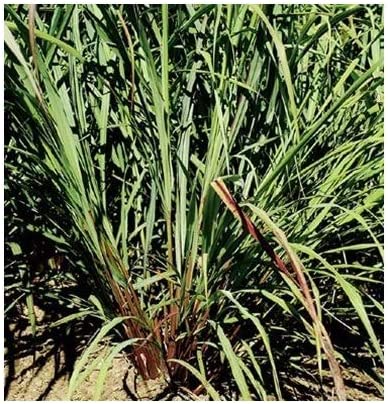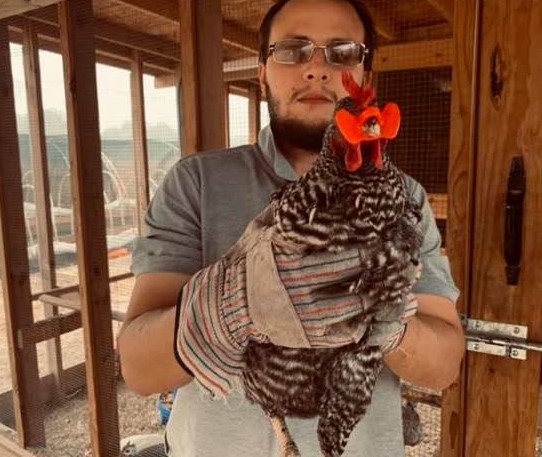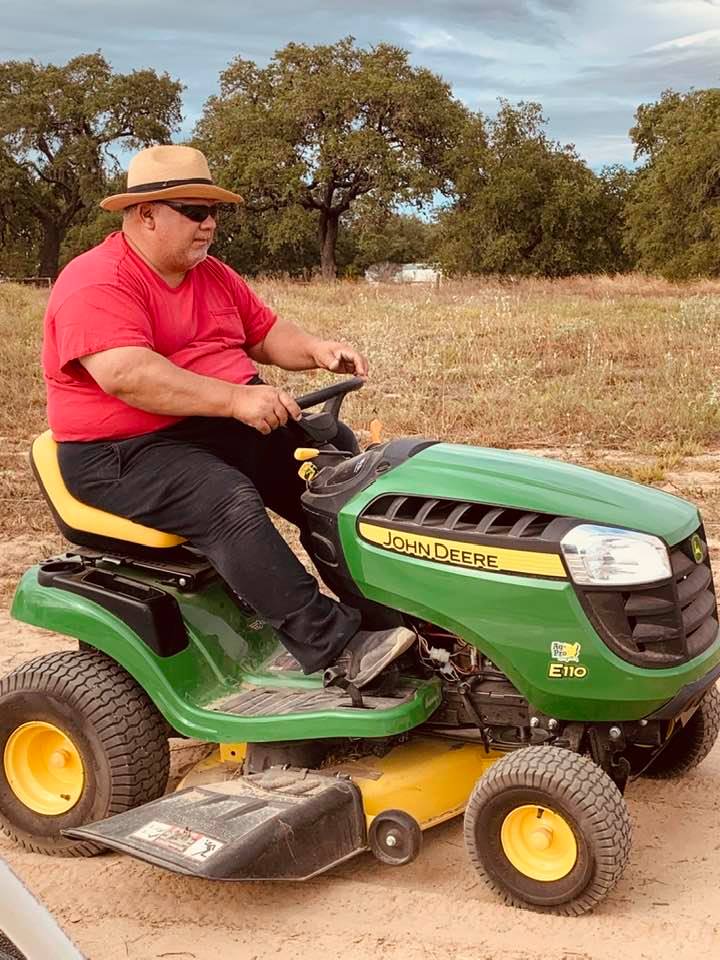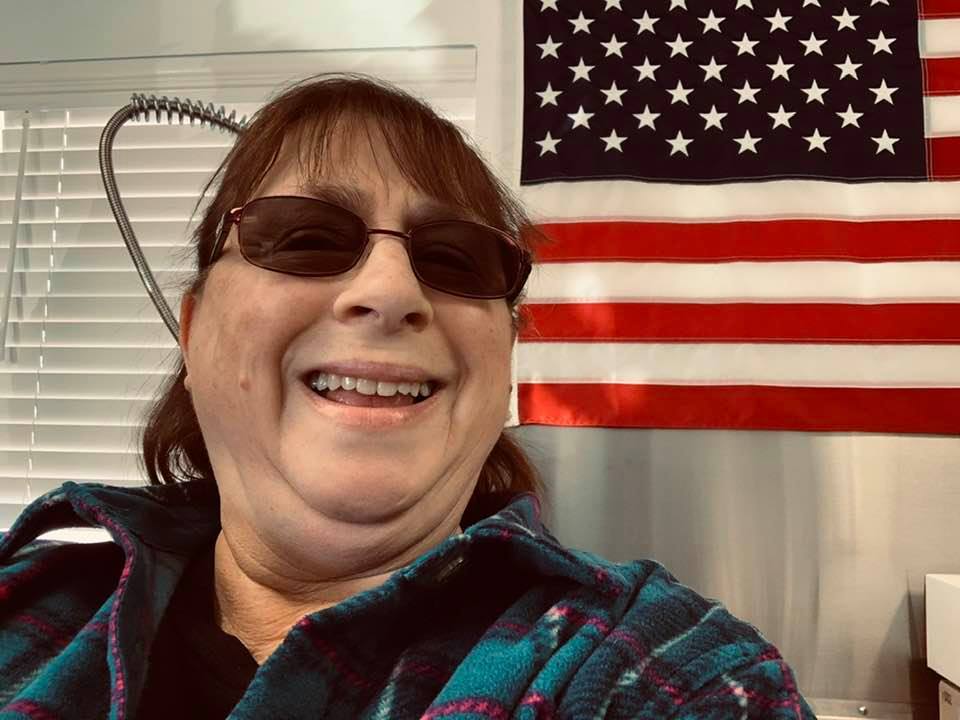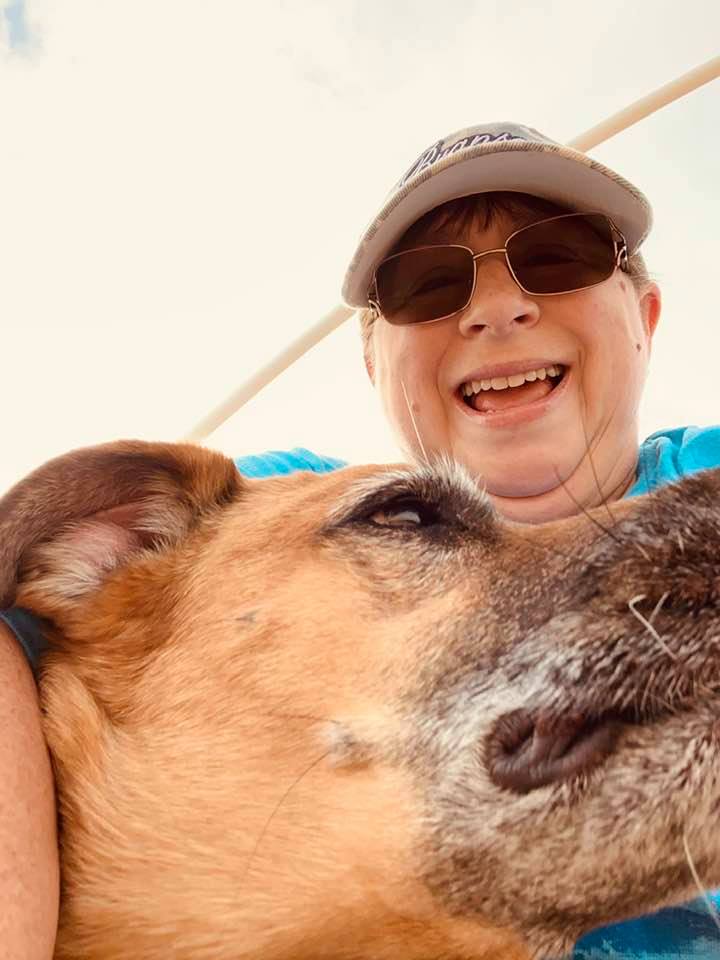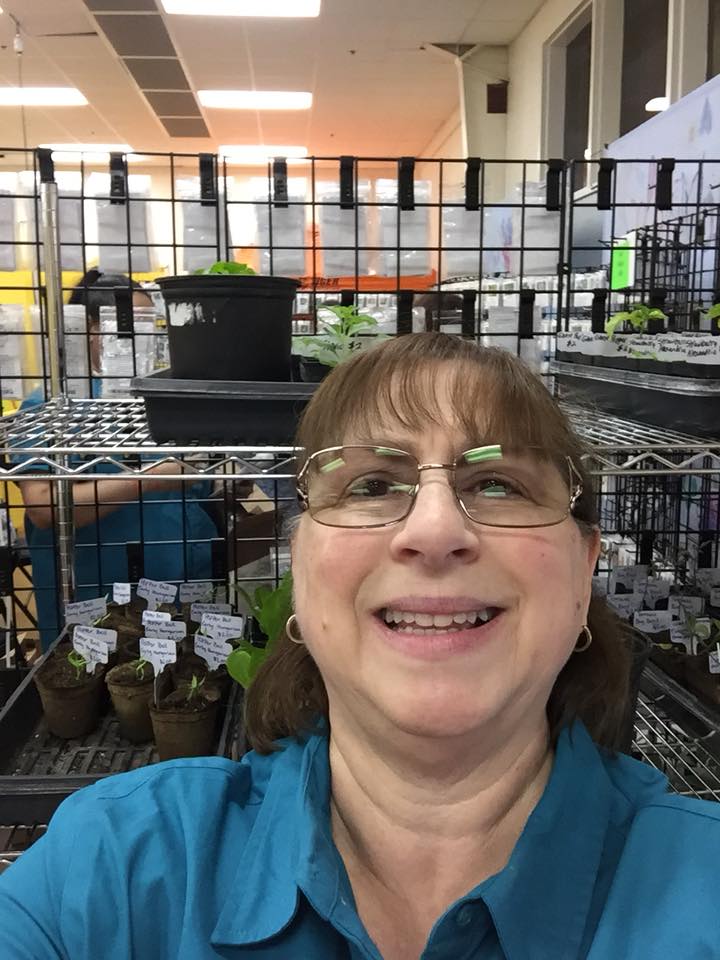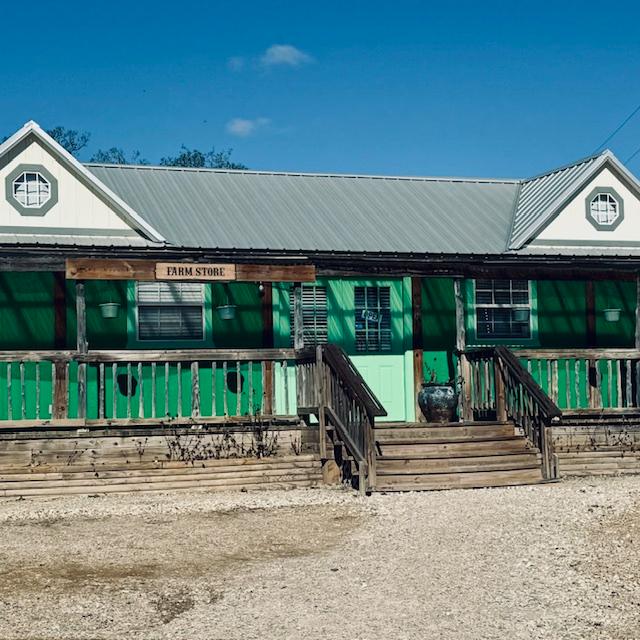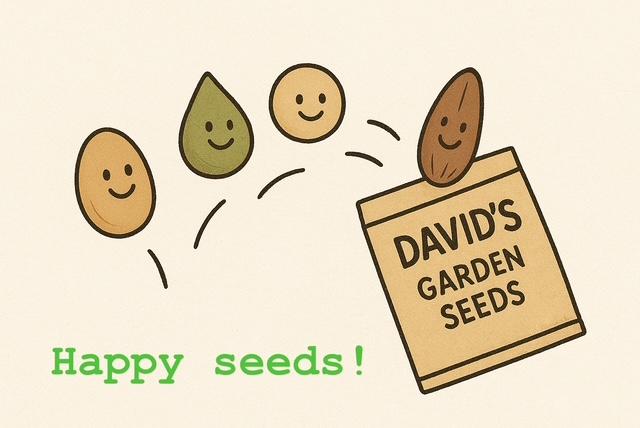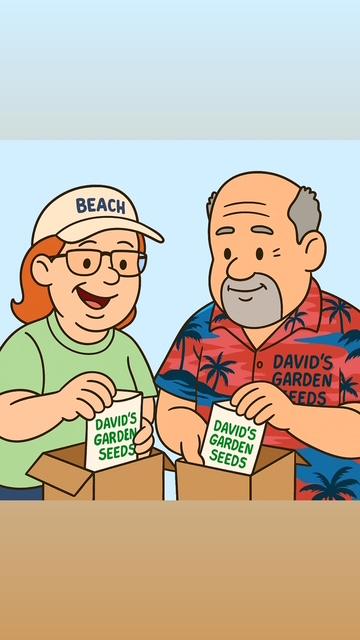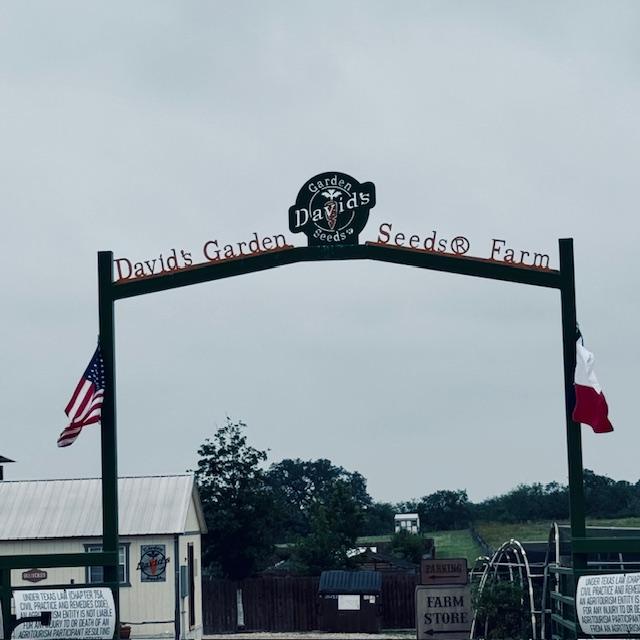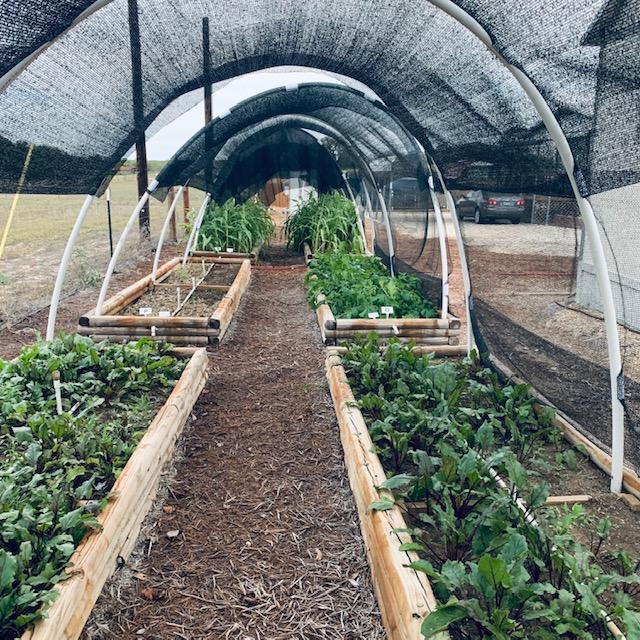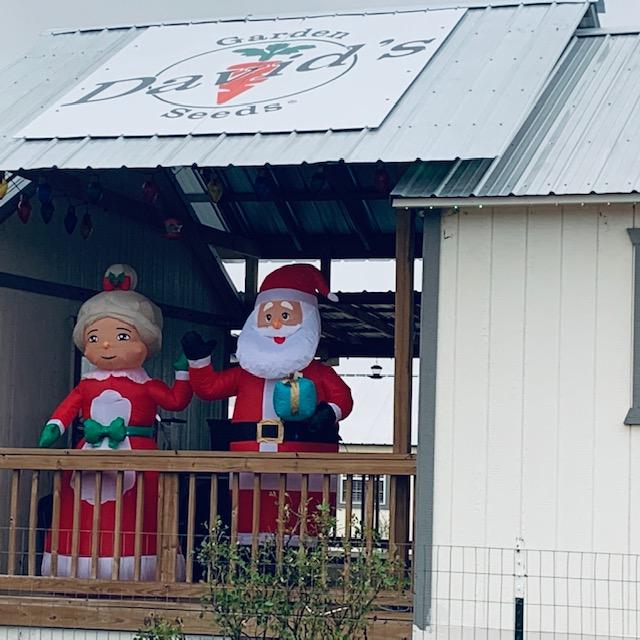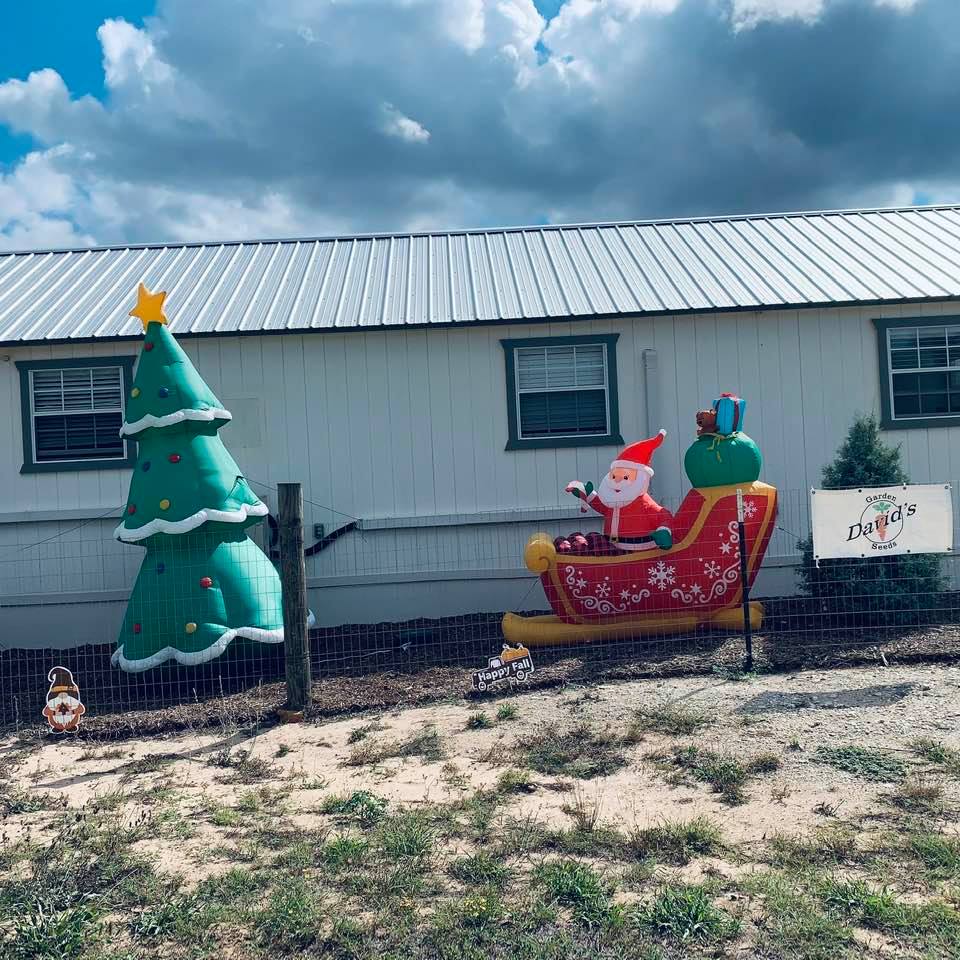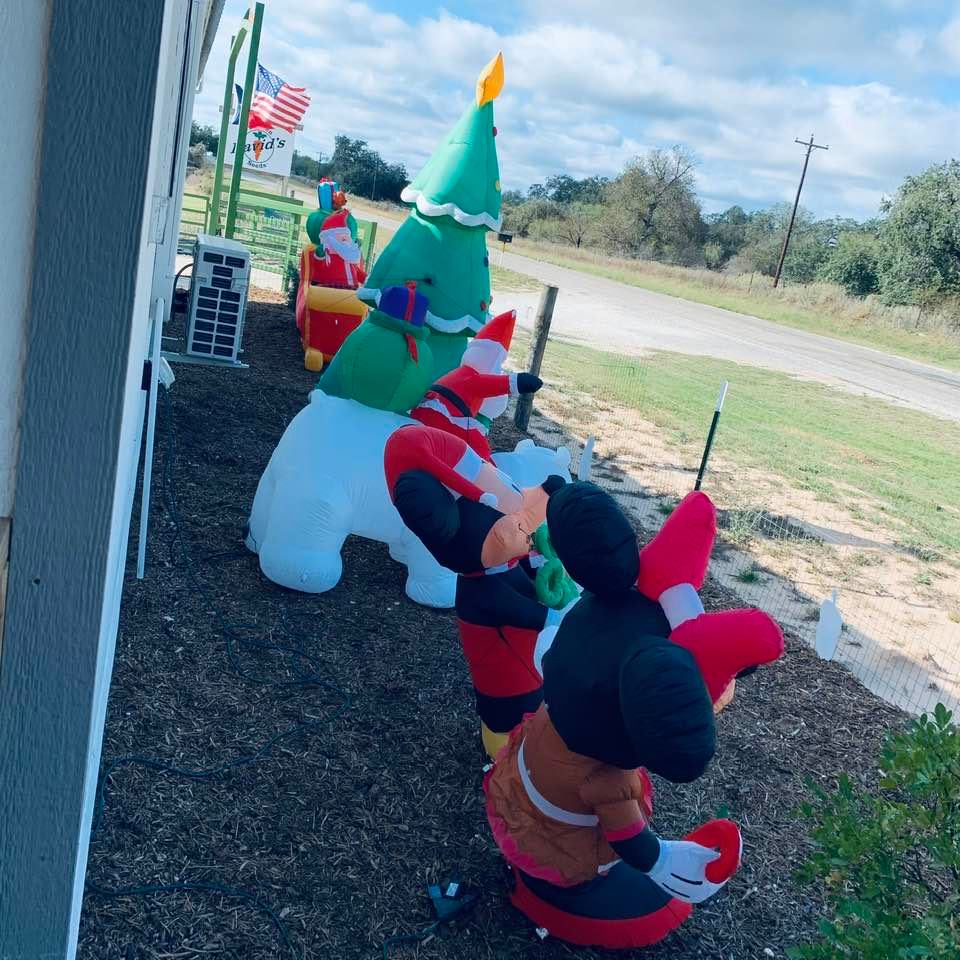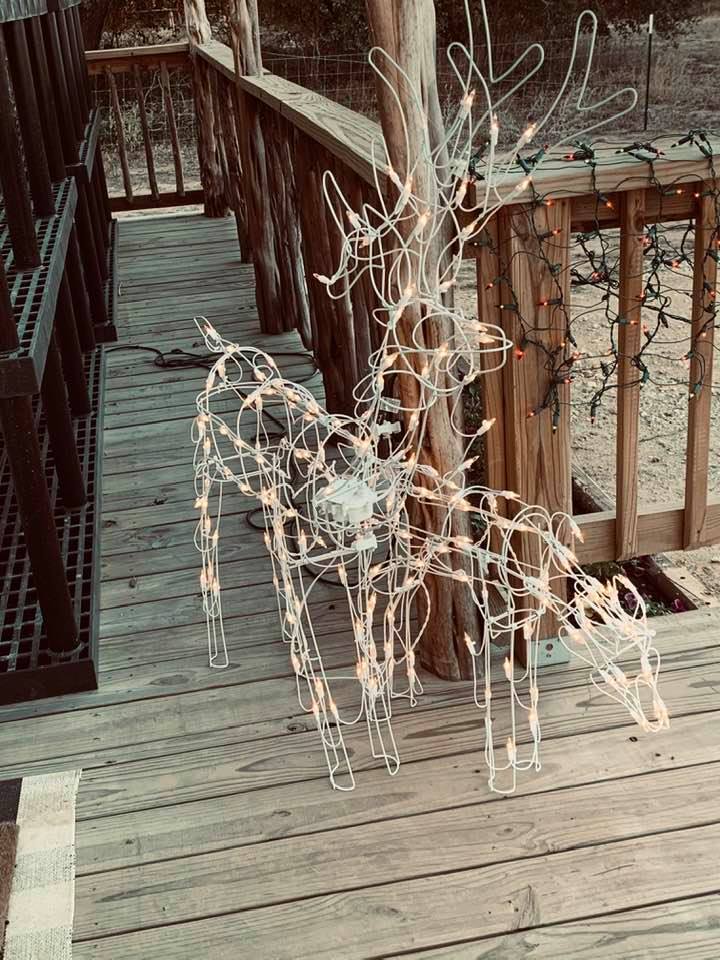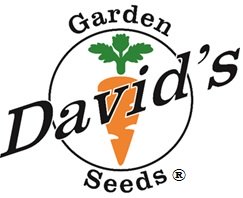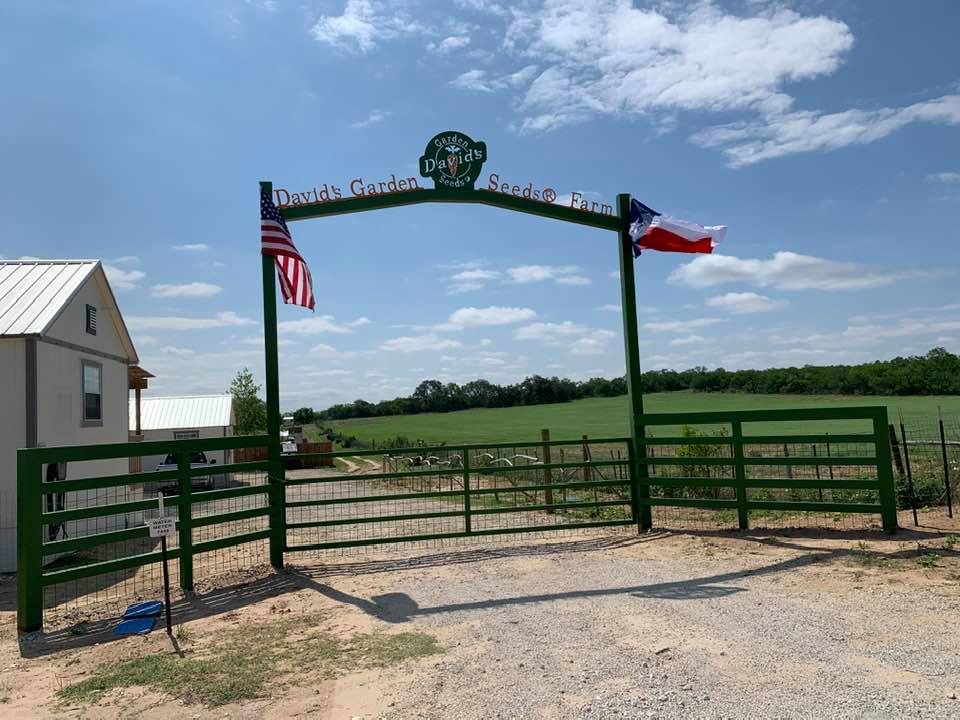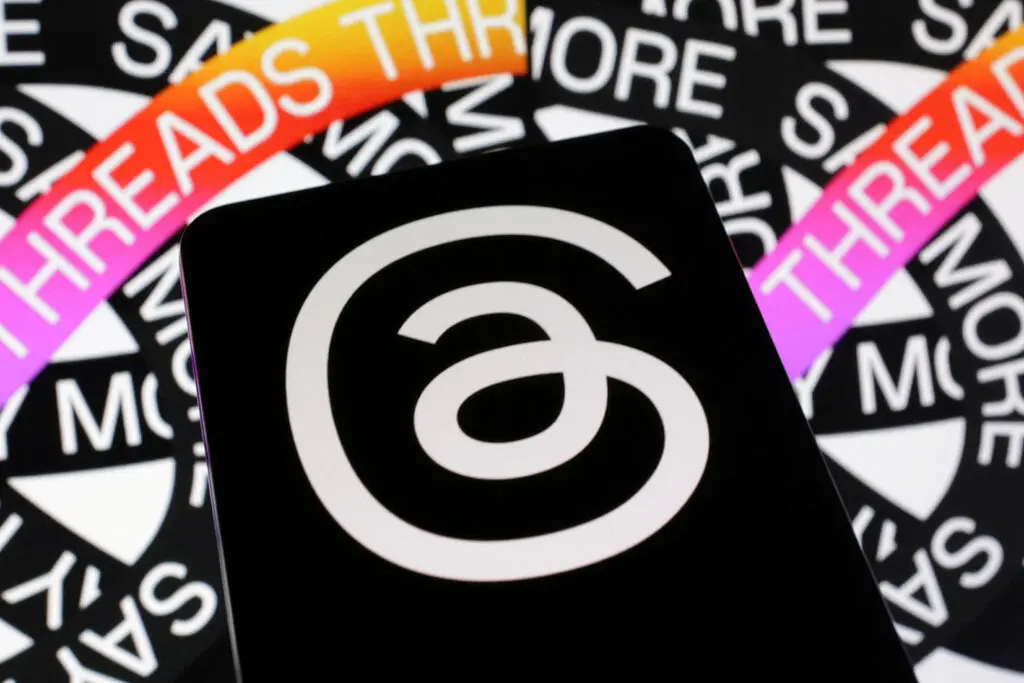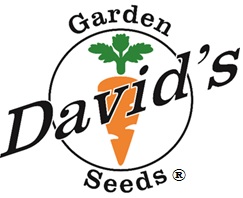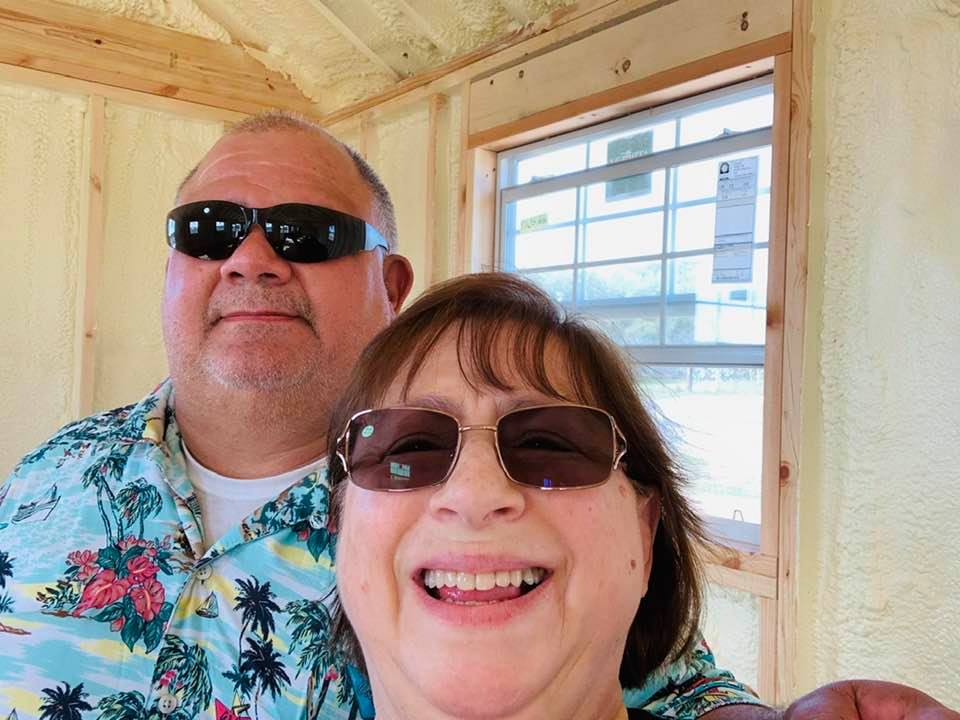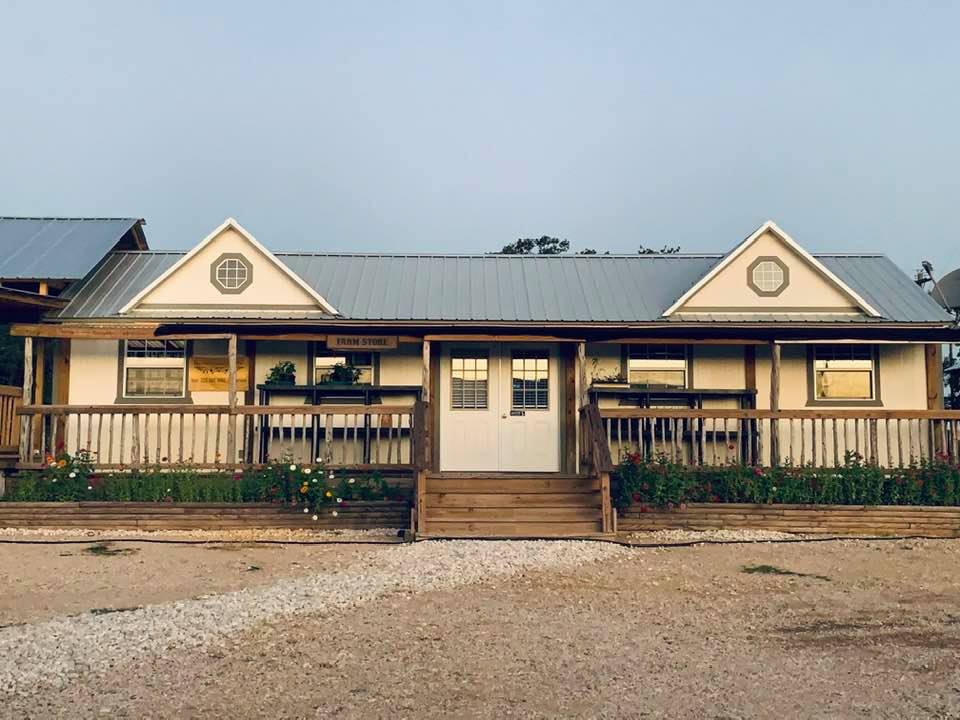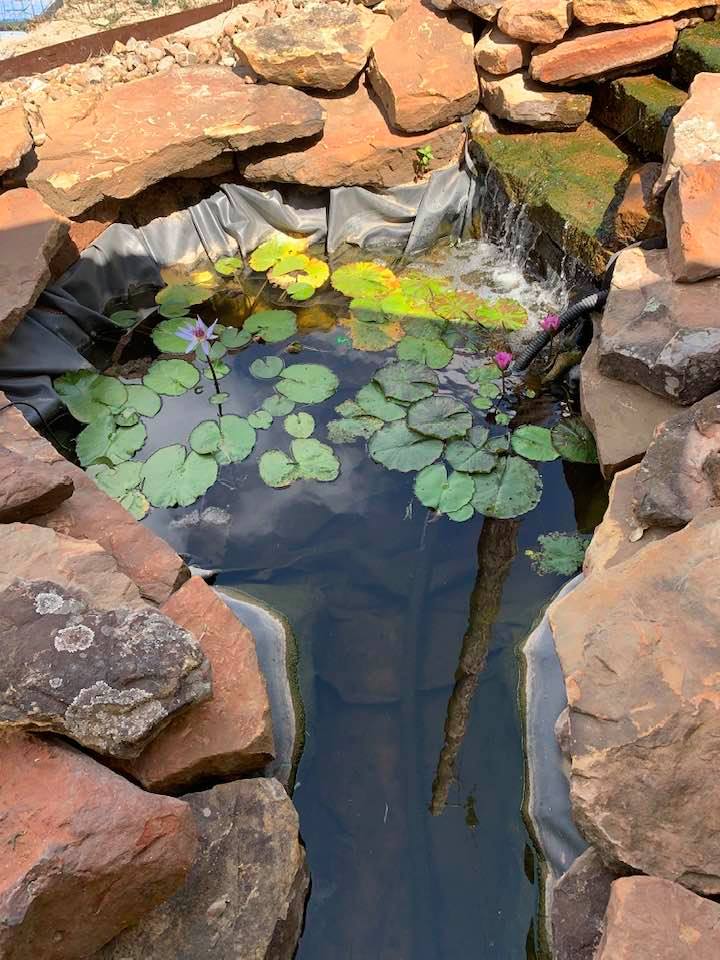Edible Lemongrass
Some customers come in asking for edible lemongrass while others want lemongrass that keeps bugs away.
There are 55 lemongrass varieties that are called Cymbopogon but you can only eat two of them. The two that you can eat are East Indian lemongrass which is known as Cymbopogon Flexuosus (also known as Cochin or Malabar grass native to India, Thailand, and Sri Lanka) and West Indian lemongrass which is known as Cymbopogon Citratus which is native to Malaysia.
We sell the seeds for the West Indian lemongrass that you eat, Cymbopogon citratus. This lemongrass can be found in many Asian recipes. You can also make it into a tea that tastes lemony.
Edible Lemongrass
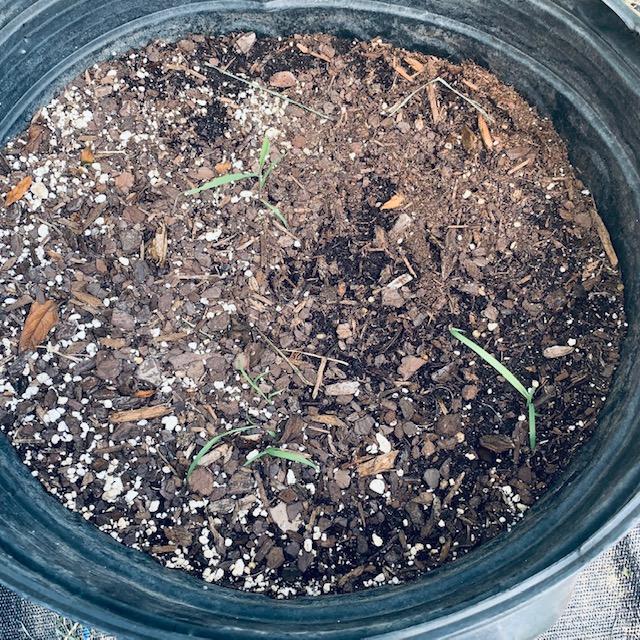 I recently planted lemongrass seeds in this pot in my backyard so our dogs can once again enjoy snacking on some lemongrass at night like they used. There are several plants coming up.
I recently planted lemongrass seeds in this pot in my backyard so our dogs can once again enjoy snacking on some lemongrass at night like they used. There are several plants coming up.As you can see, I have started my lemongrass in a pot out here for two reasons. First, when the cold frost comes, I can move it into the greenhouse where I know it will be safe and warm. Second, whenever the folks mow the lawn, anything not in pots or raised beds gets killed, no matter how big or pretty. They have weed-eaten gourd plants and other things I had growing right next to my greenhouse. I do not understand that but I now know better than to think they will realize that they are good plants.
The lemongrass has a lemony flavor that makes a wonderfully refreshing tea. It is also good to flavor dishes with some lemon. Lemongrass is used in Asian cuisine.
Repel Bugs
We do not sell the seeds for the lemongrass that keeps the bugs away, Cymbopogon nardus, Cymbopogon winterianus, and Cymbopogon Flexuosus. You can grow the bug repellent lemongrass in pots and put it out on your porch or deck to keep bugs away from you while you enjoy the outdoors. You do not eat or drink this kind of lemongrass which is also known as citronella grass. It won't do any good until you crush the leaves to get some of the essential oils out. You can rub them on your skin or on your clothes and that will help to keep bugs away.
We do have citronella plants that we root every year. Citronella smells like lemongrass and has the essential oils to repel bugs such as mosquitoes and whiteflies.
Edible Lemongrass - Lemongrass Tea
Harvest your edible lemongrass (Cymbopogon citratus) and make some tea with it. Lemongrass tea is an herbal tea so it has zero caffeine.
Boil four cups of water and add two cups of chopped lemongrass. Boil the lemongrass for five minutes and then turn off the heat. Let the lemongrass steep in the hot water for five more minutes.
Pour the pan of lemongrass through a strainer to take all of the lemongrass pieces out. Pour yourself a nice cup of hot tea. Drink it plain or add some sugar or honey to sweeten it and enjoy. You can also refrigerate it to cool it down. With or without sweetener, it is refreshing over ice, especially in the hot summer.
Lemongrass can be dehydrated or freeze dried to be used in dishes later on. It will give a lemony taste to so many recipes. It can be added to sauces and curries. Flavor chicken or fish, soups, and broths.
Growing Edible And Non-Edible Lemongrass
If you live in Zones 10 to 12, which are no frost areas, you can plant your lemongrass in the ground and it will last year after year. If by chance you get a frost and you do not cover it, you will have to plant it again because the frost will kill it.
If you live where frost is a possibility, like here in South Central Texas (Zone 9A), plant it in a pot so when frost comes, you can move the pot indoors and save the plant.
We recommend that you plant the seeds about 1/4 of an inch deep and gently water until the grass begins to come up. If allowed, it can get up to five feet high and will spread out in a big clump. Use caution when harvesting because the blades can be sharp.
NOTE: If you decide to grow both kinds at the same time, make sure that you label your plants and that you plant them in separate areas. It would not be good to get confused and make yourself or your family sick.
Several years ago, when we still lived in San Antonio, I had a huge lemongrass plant, the edible kind, for our dogs to munch on. They used to live to nibble it at night when they would go out for their final potty break of the night. One winter, we got a bad frost and it took out my giant lemongrass plant as well as all of our citronella plants that were planted in the ground. We lived in San Antonio for 20 years and we never had a frost until that particular year, I think about seven years ago now. We also lost our rosemary plants, our chili pequins, and more. Since then, we get at least one hard freeze each year so we have changed the way we grow things and we use our greenhouses a lot more.
You should plant both types of lemongrass in soil that drains well. We have sand here so it does drain well. In San Antonio, we had clay so we used a good garden soil from one of the garden centers in raised beds.
Make sure that it gets about six to eight hours of sunlight per day. Some shade, especially if you live in a hot climate like Texas, is a good thing. Water whenever the soil feels very dry, a couple of knuckles under the surface. Mulch it to help keep the soil moist. Lemongrass should not be overwatered but it should not be allowed to dry out or it will die.
Every few weeks, you should add some liquid fish fertilizer to feed your plants.
Anything To Share On This Topic?
Would you like to share additional information about this topic with all of us?
Since 2009, over 2,000,000 home gardeners, all across the USA, have relied on David's Garden Seeds® to grow beautiful, productive gardens. Trust is at the heart of it. Our customers know David's Garden Seeds® stocks only the highest quality seeds available. Our mission is to become your lifetime supplier of quality seeds. It isn't just to serve you once; we want to earn your trust as the primary supplier of all of your garden seeds.
Watch Our 2022 TV Commercial!
Sing Along To Our Jingle
♪♫♪♪ ♫ ♪ ♫♪♫♫
♪♫♪♪♫♫
Peppers and peas
And lots of yummy greens
You can't go wrong
With Squash This Long
At David's Garden Seeds
♪ ♫ ♪ ♫
Our New 2024 TV Ad
Please like and subscribe on YouTube and come visit us at our Farm Store! The music on our TV ad was written, played, and sung by our son, Matthew Schulze. You can meet him when you come to the farm. He just might give you a tour. Ask him to grab a guitar and sing our jingle that he wrote.

We are David's Garden Seeds®. If you need great seeds, we've got over 1,200 varieties to choose from.
Your second block of text...
Subscribe To Mrs. David's Garden Seeds® Newsletter For FREE!
Find out what is going on down on the farm by reading our blog and by subscribing to our free newsletter for all of the information going down at David's Garden Seeds® and on the farm. I love to share helpful information with you. Please let your friends know and y'all come on down for a visit when you get the chance. We would love to meet you!
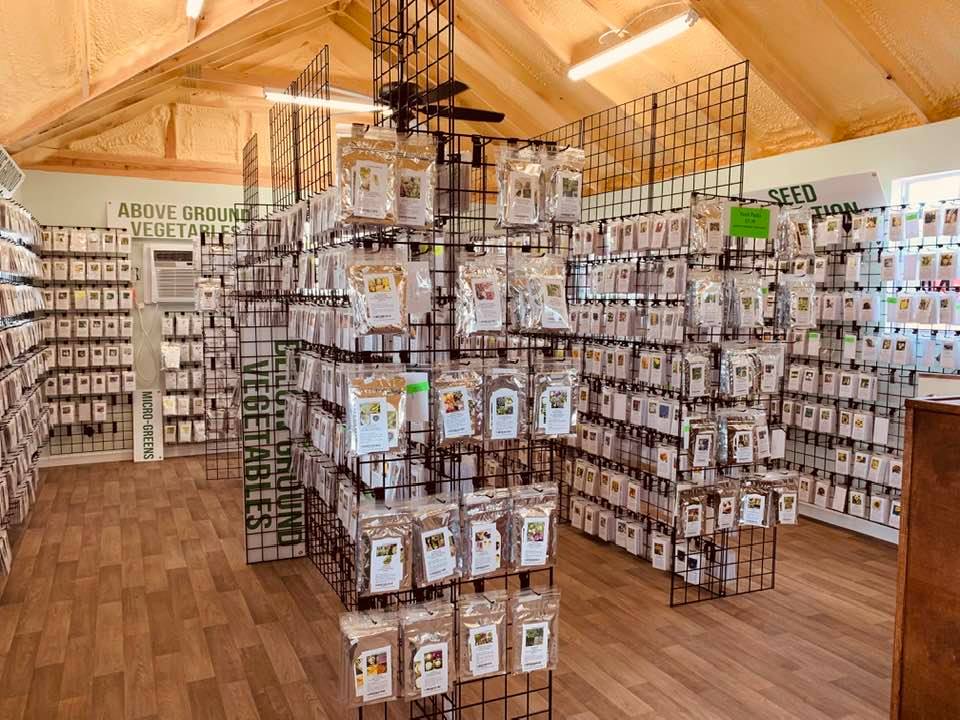
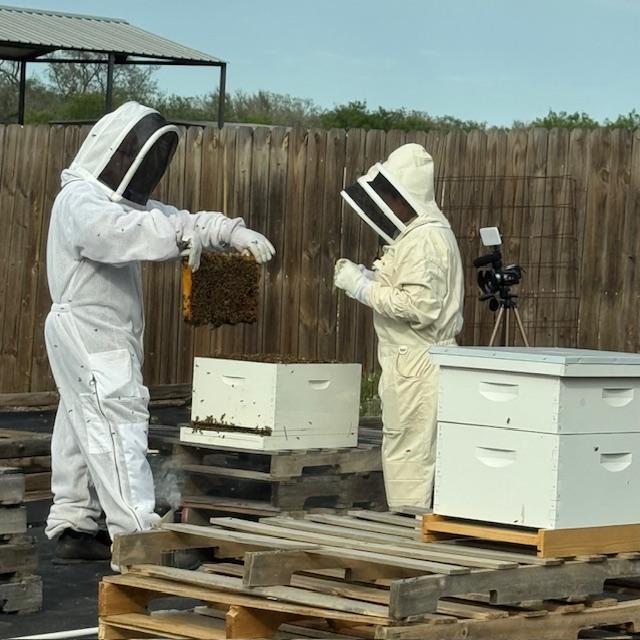 Our bee hives
Our bee hives Our fish pond
Our fish pond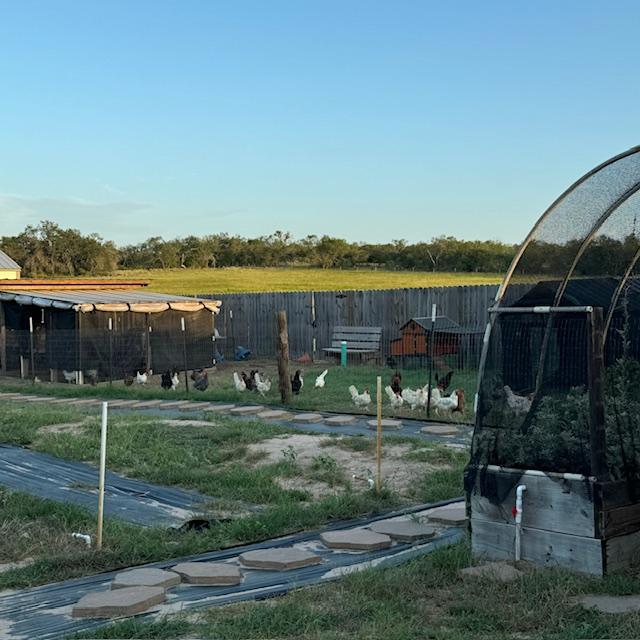 Our chickens
Our chickens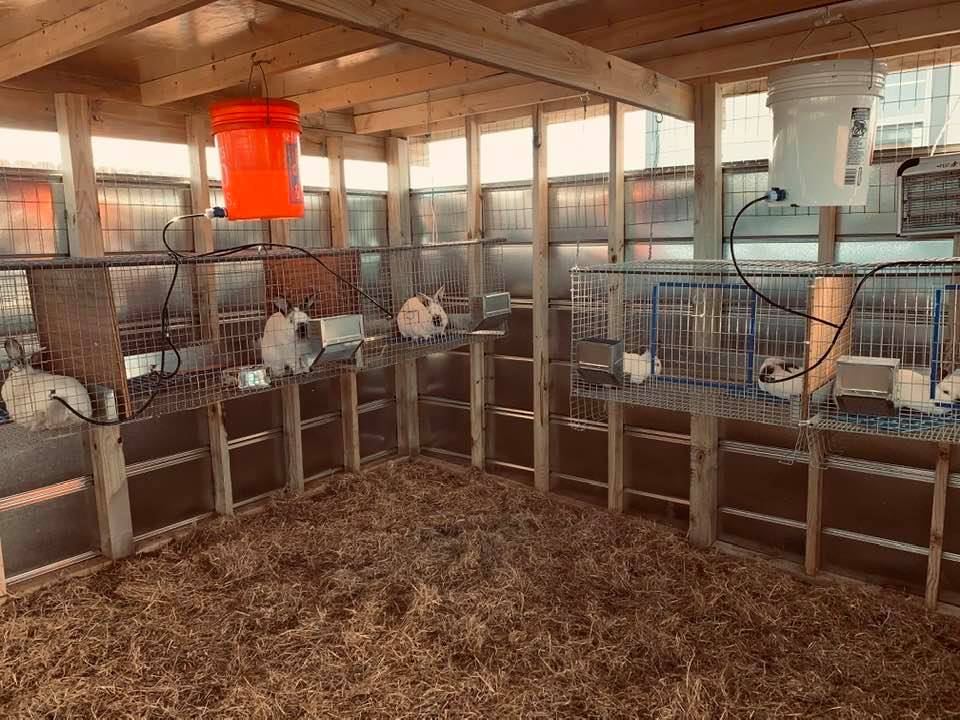 Our bunny rabbits
Our bunny rabbits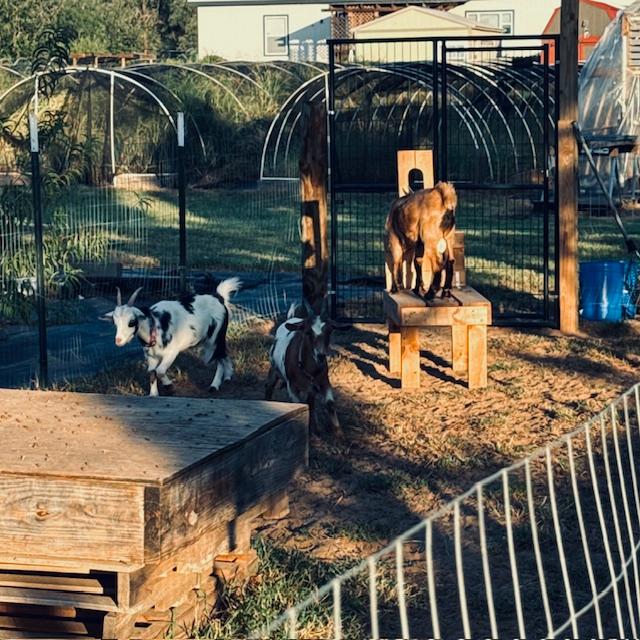 Our Nigerian Dwarf goats
Our Nigerian Dwarf goats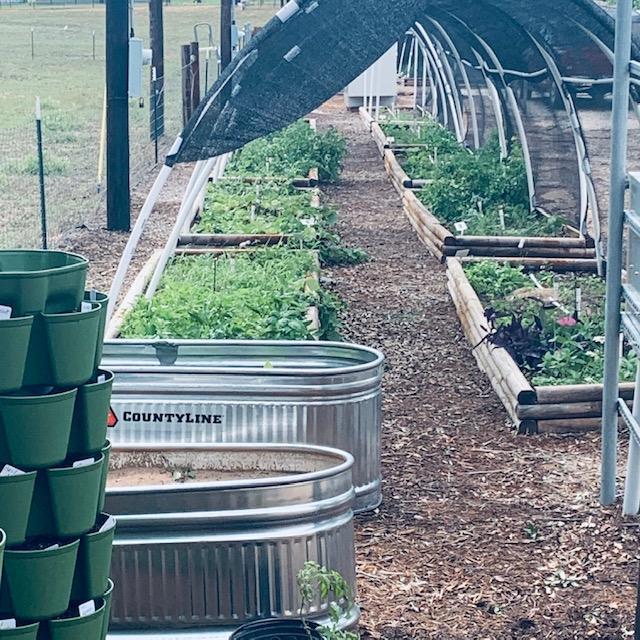 A few of our raised garden beds
A few of our raised garden beds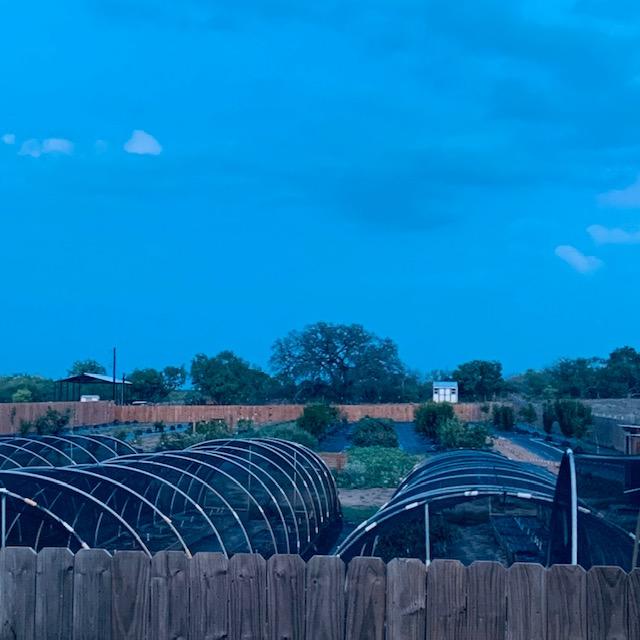 Our orchard and hoop houses
Our orchard and hoop houses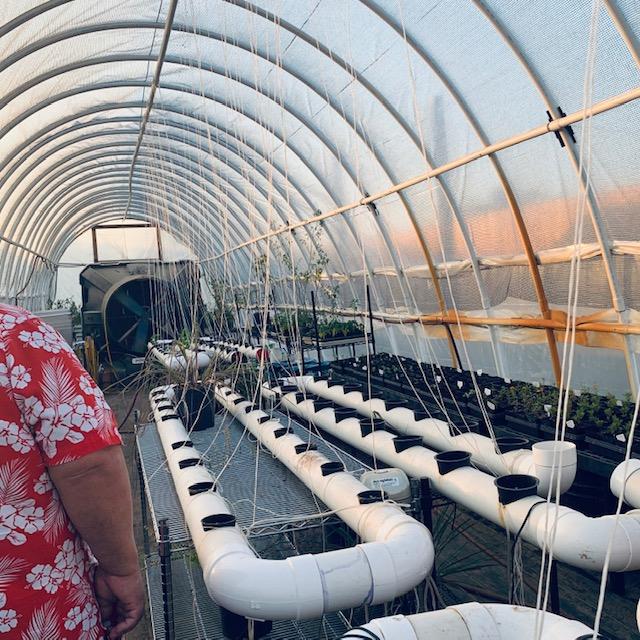 Inside our high tunnel
Inside our high tunnel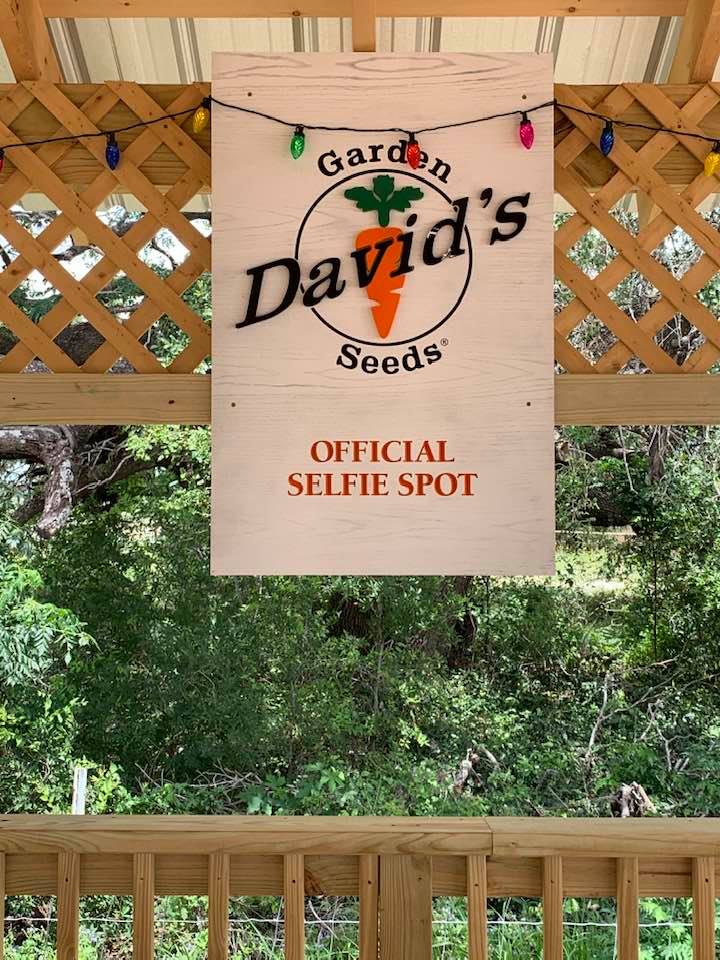 Take a selfie at our official selfie spot!
Take a selfie at our official selfie spot!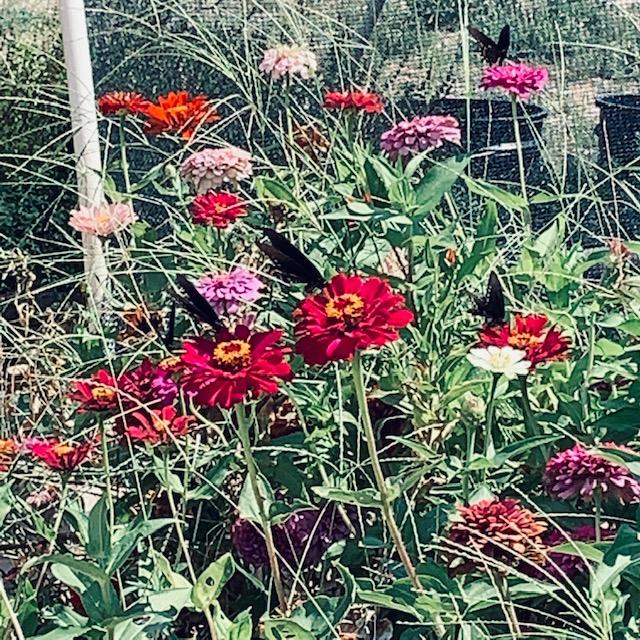 Flowers, bees, and butterflies are everywhere!
Flowers, bees, and butterflies are everywhere!